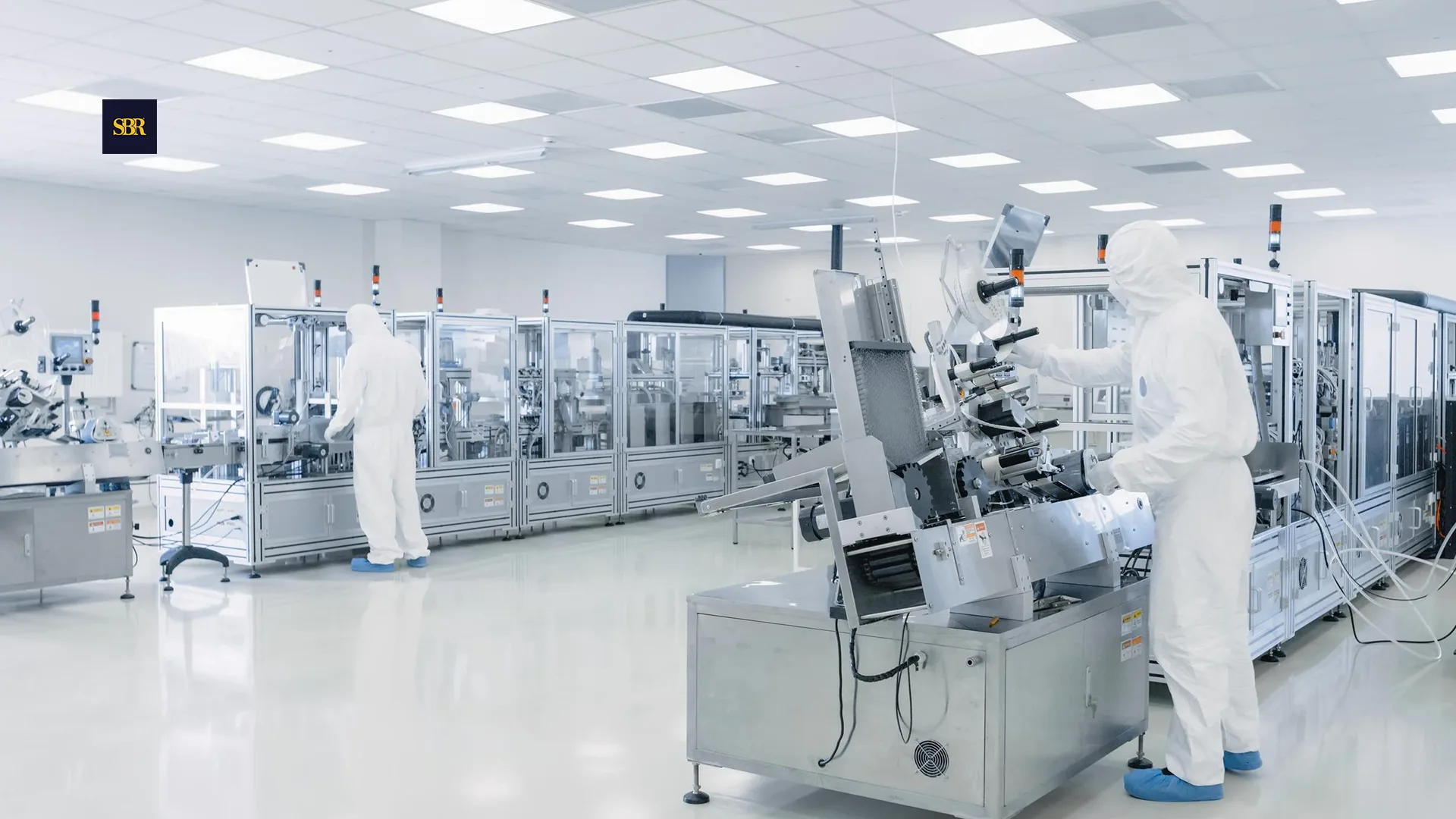LONDON, April 24, 2025 — Geopolitical pressures are driving a growing demand for reshoring—bringing back key industries and businesses that had outsourced their operations to countries with lower costs.
However, reshoring isn't without its challenges. In precision manufacturing, many Western countries are not set up to meet the current production needs of businesses.
Isembard, a British startup, aims to tackle this issue. The company is building a network of factories in the West, with the first one starting operations in London in January. CEO Alexander Fitzgerald told TechCrunch that the company is already capable of handling requests for high-precision parts, although other locations have not yet been disclosed.
Isembard’s approach is to support companies that need reliable manufacturing but can’t afford to invest in their own large factories.
“We’ll take your design for a part, give you a quote, make the part, and ship it to you,” said Fitzgerald. “In some cases, we’ll even handle final assembly.”
The company uses a proprietary software, MasonOS, to connect and manage all its factories, aiming for economies of scale with a single operating system that powers each location.
While this approach is similar to outsourcing to factories in Asia, it addresses the growing demand for more localized and resilient supply chains, offering a solution that is both faster and greener.
Fitzgerald believes many traditional British suppliers will struggle to meet reshoring demands due to outdated factories, a retiring workforce, and fragmented supply chains—issues that arose from years of offshoring to countries like China. By leveraging software and automation, Isembard believes it can provide a more efficient and cost-effective alternative.
Recently, the startup raised £7 million ($9 million) in a seed round, led by Notion Capital, with support from 201 Ventures, Basis Capital, Forward Fund, Material Ventures, Neverlift Ventures, NP-Hard Ventures, and angel investors.
Isembard is initially focusing on aerospace, defense, and energy sectors. While Fitzgerald did not name any clients, he said the company has had early success with defense contractors and fast-growing startups. The company is also talking to larger organizations and government bodies.
With just 12 employees, Isembard has been self-funded so far, using the proceeds from Fitzgerald's 2022 sale of his previous company, Cuckoo. Unlike U.S. startup Hadrian, which raised $216.5 million in 2024, Isembard is taking a more capital-efficient approach, building smaller factories rather than massive, expensive ones.
“We believe that building large factories takes too much time, money, and talent,” Fitzgerald said. “Instead, we have a distributed model with smaller units all connected by the same technology.”
MasonOS, the software powering Isembard’s operations, handles everything from quotes and scheduling to supply chain management and machine control. “Right now, most factories either use outdated software or are paper-based,” Fitzgerald said.
Isembard's name, inspired by British engineer Isambard Kingdom Brunel, reflects the company’s engineering-focused ethos. Fitzgerald, a military reservist since 2016, sees the company’s ambitions as rooted in patriotism and aims to expand beyond the U.K. and Europe to North America, Australia, and New Zealand.
“We want to help solve industrialization challenges for the West,” he said.
The Future of Reshoring
The reshoring movement is gaining momentum, especially in precision manufacturing. As more businesses seek reliable, local alternatives to overseas production, companies like Isembard are positioning themselves to lead the way.
However, reshoring’s success will depend on the ability to scale and offer competitive prices without sacrificing quality. Governments will also likely need to support this shift with incentives and funding to help build a new manufacturing ecosystem.
In the long term, reshoring could lead to faster, more resilient supply chains, as well as technological advances in automation and AI. If Isembard’s model works, it could set a new standard for how manufacturing is done in the West—more flexible, efficient, and sustainable than ever before.
We believe that building large factories takes too much time, money, and talent. Instead, we have a distributed model with smaller units all connected by the same technology.
















